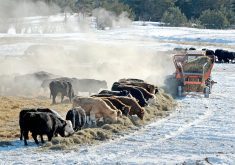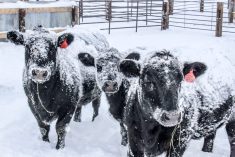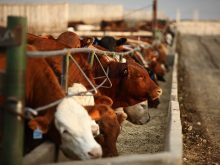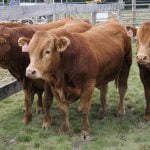As bull sale season stretches into the spring, online sales are helping the industry cut COVID-19 risks while facilitating commerce.
The Livestock Market Association of Canada (LMAC) last week held an emergency meeting on how to respond to the coronavirus pandemic, and decided to follow Health Canada’s lead on limiting crowd size and encouraging social distancing and sanitation during sales.
“Certainly everybody can appreciate that we’re in the heart of our bull sale season here in Canada and it’s one of those times of year where we actually need commerce to take place between buyers and sellers,” Michael Latimer, executive director of the Canadian Beef Breeds Council, said during an online town hall outlining the beef industry’s response to the pandemic.
Read Also
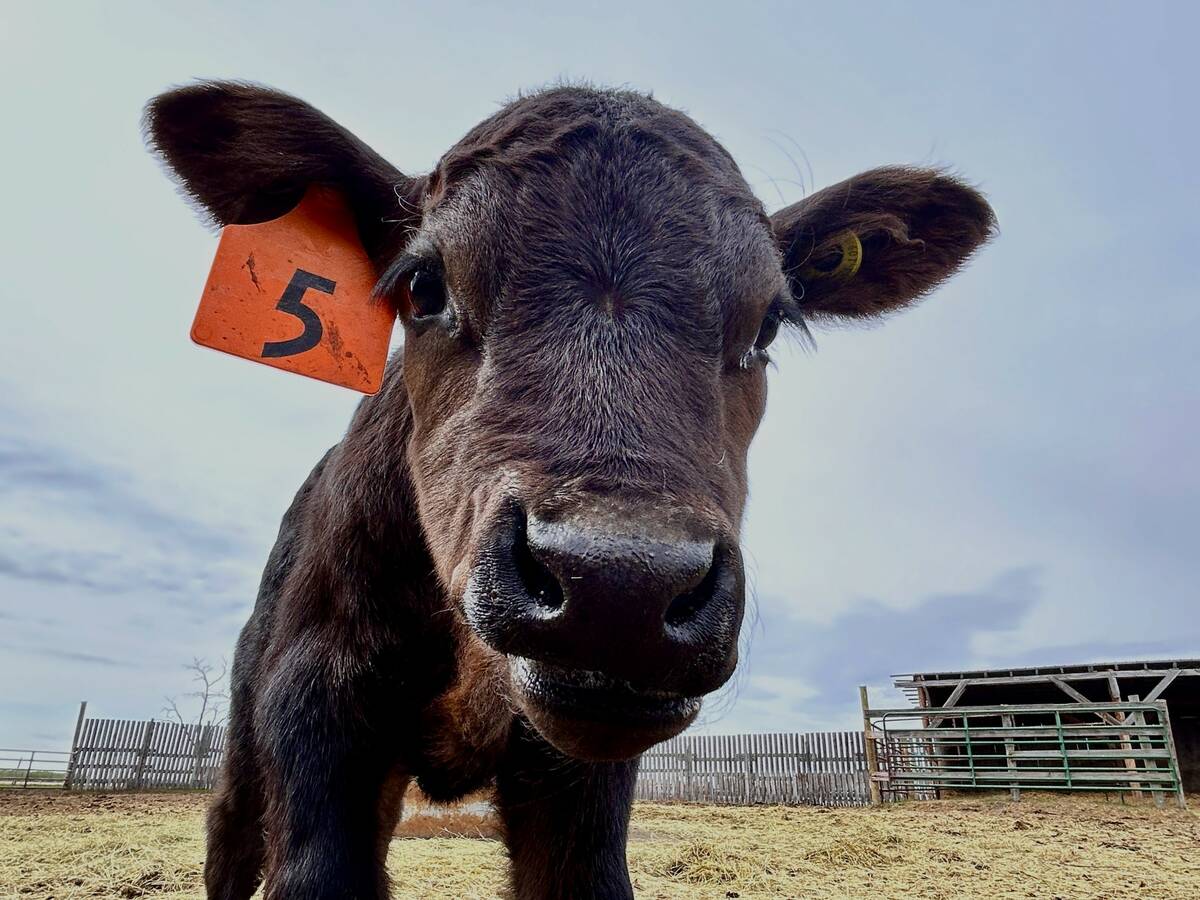
Health Canada stops sales of coccidiosis medication Deccox on procedural issue
Deccox, a medication to prevent coccidiosis in calves and other livestock, is temporarily off the market after Health Canada issued a stop sale order earlier this month.
“I think it’s pretty clear that our leadership doesn’t want food production to shut down,” Jason Danard, vice-president at Calgary Stockyards and an LMAC director, said in an interview.
As part of the pandemic response, auction marts are encouraging people to register online to watch or bid on bull sales. During an interview, Mark Shologan, purebred sales director at online platform DLMS, said it’s seen a “major spike” in online bidding in recent days.
Danard, who’s also a principal at online platform TEAM, also noted a surge of new online registrants last week. It’s like nothing he’s seen in his 20 years of offering online sales.
A few days ago, Danard had a bull sale with Travis Foote of Footprint Farms. Foote was prepared for an online bidding, having posted video of the bulls online before the sale.
“There were bulls where the only bidding was online,” Danard said, noting most producers are familiar with online sales, and TEAM’s employees aren’t seeing any issues out of the ordinary.
He did bring in two extra people to help with tech support later in the week, he said, to deal with the influx of people registering online.
Staff aren’t seeing any major issues with the number of new registrants at DLMS either, Shologan said. He suggested producers sign up early.
Producers in rural areas should also limit the number of devices connecting to the internet, to avoid overwhelming connections during the sale.
Auction marts are also changing how they do business on-site. Last week, only employees were allowed in Calgary Stockyards’ office, and only buyers were allowed in the ring. The kitchen was also closed.
Danard was pleased to see people at the auction mart complying with the new measures. People were practicing social distancing, and only showing up at the auction mart if they had a reason to be there.
“I’m proud of how we’re responding as an industry,” he said.
However, given how quickly the situation around the pandemic is changing and how the allowable crowd size is shrinking, producers should phone sale organizers or auction marts before attending.
Shologan said it’s a good idea to call ahead anyway, to make sure the market is demanding the type of cattle a person wants to sell — or, for buyers, to confirm the types of cattle on offer.
Both Danard and Shologan have watched online sales grow over the years. They said the pandemic is not only speeding that process, but will likely shift more people online in the long term.
Shologan said he appreciates the camaraderie in the industry, and online sales don’t build camaraderie the way traditional bull sales do — but they are a great option when you can’t attend a sale in person, he added.
And while it wasn’t by design, Danard said, it turns out the industry was prepared coming into this pandemic.
— Lisa Guenther is the editor of Canadian Cattlemen.





